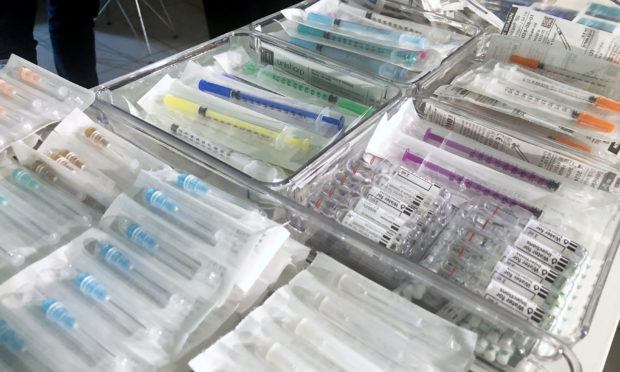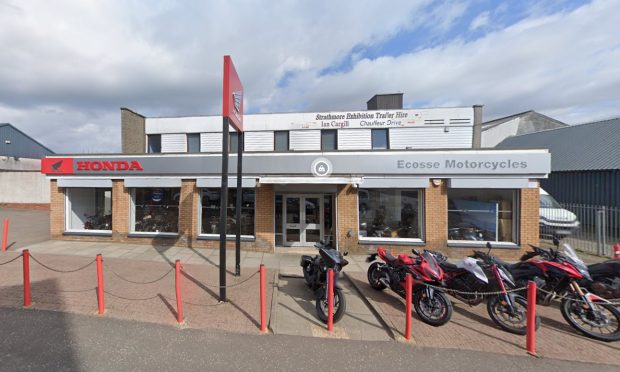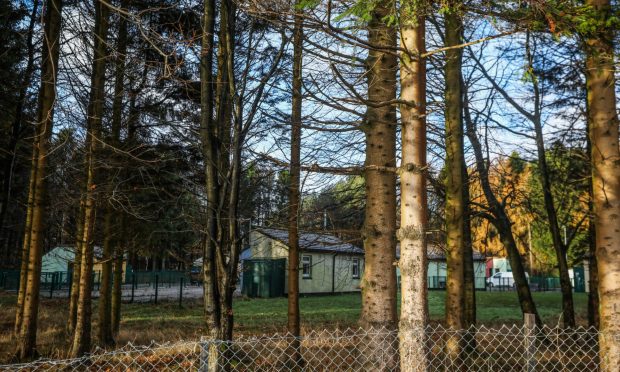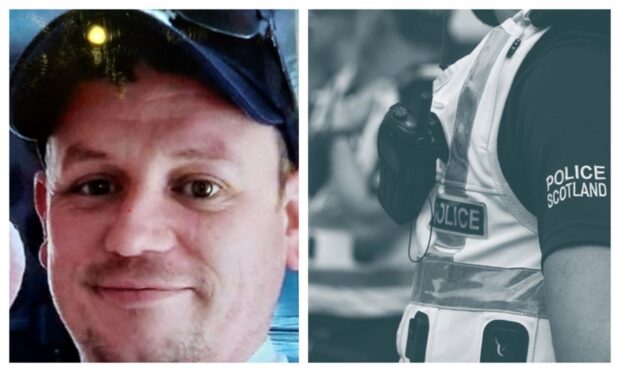Tayside’s world-leading work to “eliminate” a deadly blood infection began in a Dundee needle exchange, it has emerged.
Dundee drugs workers from Hillcrest Futures are celebrating how their work with addicts inspired a push to drive Hepatitis C out of Tayside, helping the region to become the first in the world to “effectively eliminate” the disease.
NHS Tayside’s pioneering approach, subsequently lauded by government ministers and charities, started with a needle exchange on Rattry Street, close to the city centre.
Cairn Centre staff worked with “chaotic” drug users to promote testing for the virus, allowing experts to quickly identify clusters of the disease and ensure users received the right treatment.
The charity workers carried out more than 2,000 ‘finger prick tests’ for the disease over a 10-year period.
Danny Kelly, Hillcrest Futures’ harm reduction manager, said health experts initially thought drug users “didn’t care about their health and wouldn’t return for the results of their tests or engage effectively with treatment.”
He said the Cairn Centre team showed that was not the case.
“Our contribution was to utilise the effective relationships staff had already built with service users and encourage them to be tested and supported to access and engage with treatment.
“Since the tests commenced there’s been a consistent level of around 90% return rate for results which demonstrates that people do want to know their status and seek treatment.”
Once health experts realised the Cairn Centre approach was working, it was rolled out to other projects.
One Dundee drug user, a Hillcrest Futures client, said the staff’s non-judgemental approach made the difference.
“The staff were all great. We went to the Cairn Centre every week and it was like seeing friends.
“We were treated with respect and I didn’t feel anxious at all about going down, usually I don’t leave the house.”
Consultant hepatologist Professor John Dillon said the programme “started with a single project in a Dundee needle exchange.”
“It then expanded to multiple research projects and redesign of services to achieve the milestone we have now reached,” he said.
According to the Scottish Drugs Forum, Hepatitis C remains the most common blood borne infection among people who inject drugs and, nationwide, there are significant levels of transmission among this group.
Around 90% of the Hep C infections in Tayside occurred among those who inject drugs, according to the health board.
Chronic hepatitis C can cause serious health problems, including liver damage, cirrhosis, liver cancer, and death.
NHS Tayside contracts Hillcrest Futures to deliver a needle exchange service, providing clean injecting equipment and advice to drug users in the city.
In late 2019, the health board had diagnosed 90% of patients and treated 80% of eligible infected cases, making it the first region in the world to effective eliminate the virus, according to the World Health Organisation’s definition.











